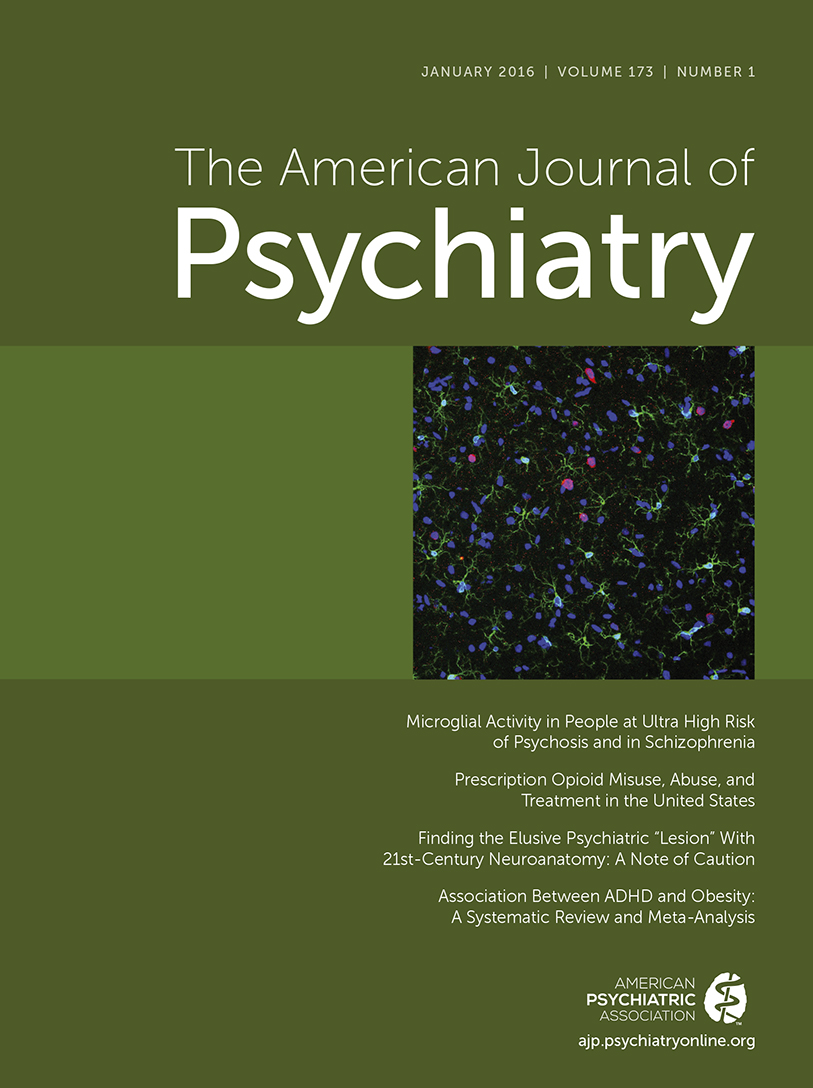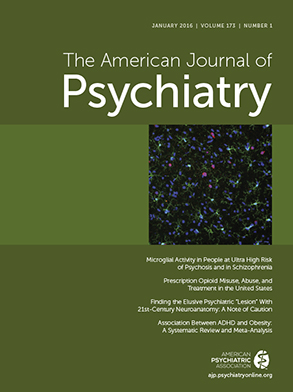Dignity Therapy for Alcohol Use Disorder
Mr. A is a 46-year-old man with a history of generalized anxiety disorder and alcohol use disorder who was drinking approximately 1 L of vodka daily in the setting of anxiety surrounding his divorce. He initially tried Alcoholics Anonymous (AA) and outpatient rehabilitation programs but felt too anxious to participate in groups and ultimately dropped out of care. He eventually presented to outpatient care with one of the authors (J.D.A.).
As part of his treatment, he underwent dignity therapy. Mr. A was interviewed using the Dignity Psychotherapy Question Protocol (1). His answers were recorded over several sessions and transcribed, which took the clinician several hours to complete outside of the sessions. Mr. A then edited the document with the guidance of the clinician. The final product was a 15-page life history, which focused primarily on his parents, children, and work accomplishments. He also reflected on the role that alcohol had played in his life and explained his addiction to his family. He had his last drink of alcohol while editing the document and has been sober now for 10 months. He reported that dignity therapy “changed the story” of his life away from a story of a “failed alcoholic” and that it also resulted in a closer relationship with his family members, which helped support his sobriety.
References
Information & Authors
Information
Published In
History
Authors
Competing Interests
Funding Information
Metrics & Citations
Metrics
Citations
Export Citations
If you have the appropriate software installed, you can download article citation data to the citation manager of your choice. Simply select your manager software from the list below and click Download.
For more information or tips please see 'Downloading to a citation manager' in the Help menu.
View Options
View options
PDF/EPUB
View PDF/EPUBLogin options
Already a subscriber? Access your subscription through your login credentials or your institution for full access to this article.
Personal login Institutional Login Open Athens loginNot a subscriber?
PsychiatryOnline subscription options offer access to the DSM-5-TR® library, books, journals, CME, and patient resources. This all-in-one virtual library provides psychiatrists and mental health professionals with key resources for diagnosis, treatment, research, and professional development.
Need more help? PsychiatryOnline Customer Service may be reached by emailing [email protected] or by calling 800-368-5777 (in the U.S.) or 703-907-7322 (outside the U.S.).

